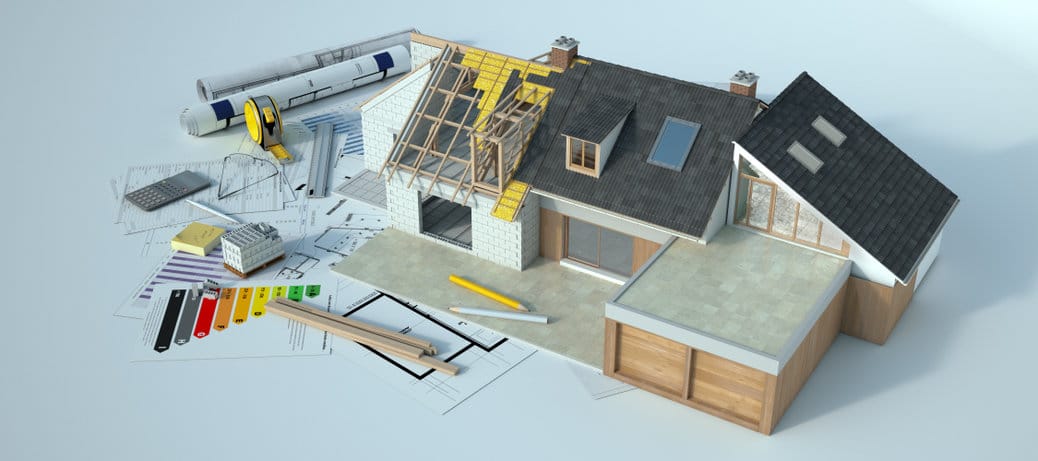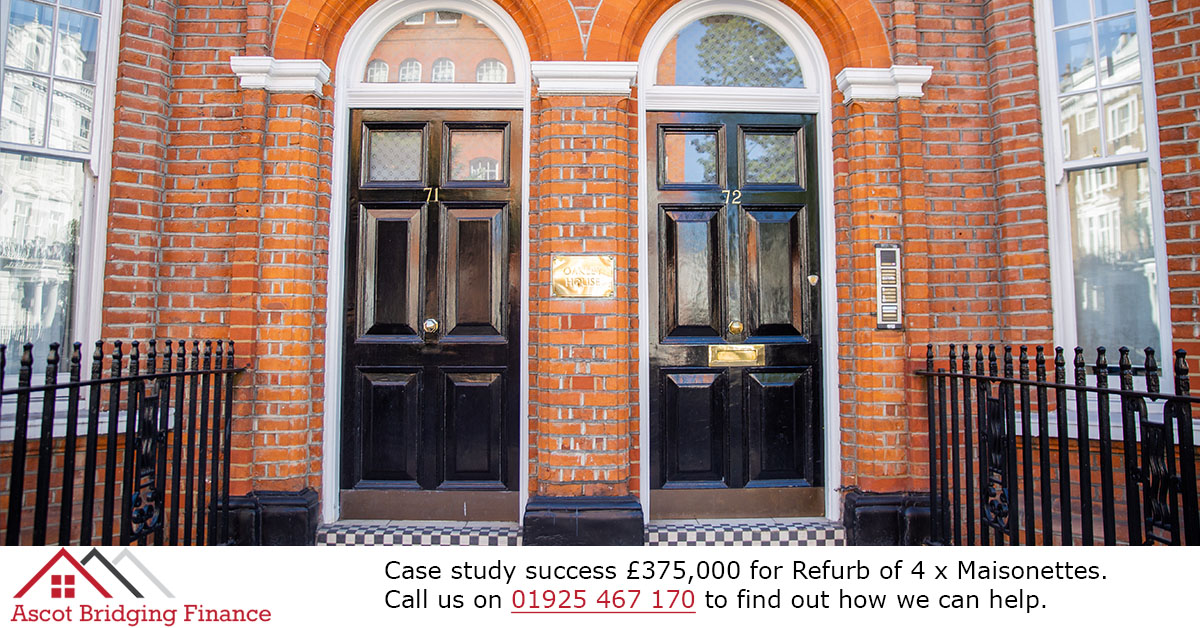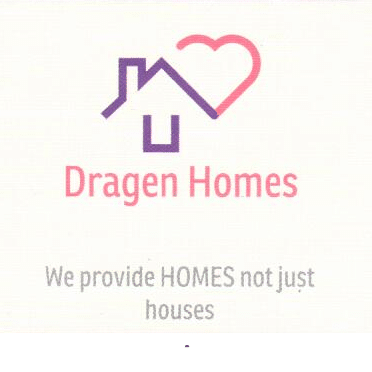Property auctions are a popular way of purchasing both commercial and residential property. Bidders hope to purchase property at below market prices. For people new to the scene there are fees that they may not be aware of. Buyers are charged a fee as well as sellers. The buyer’s fee varies but is usually several hundred pounds. Stamp duty is charged at the same rate as buying property, not in an auction. If the property is an investment and the buyer already owns property, then extra stamp duty is charged. As in all property deals, a solicitor or conveyancer is required for the legal work. After a winning bid, 10% of the property price has to be paid to secure the sale. The balance of the purchase price is due between 20 and 28 days after the auction sale. This may not be enough time to arrange a mortgage, so a bridging loan may be needed, which can be available quicker. A bridging loan will charge interest on a monthly basis, which can be around 1% or more. If the property is very cheap it will probably be because it needs extensive repairs. A lender may not provide a mortgage until the work has been done. A bridging loan may be required to finance the construction work. Adding all these fees to the value of the winning bid can still mean that property bought at auction can be cheaper than buying on the open market.






